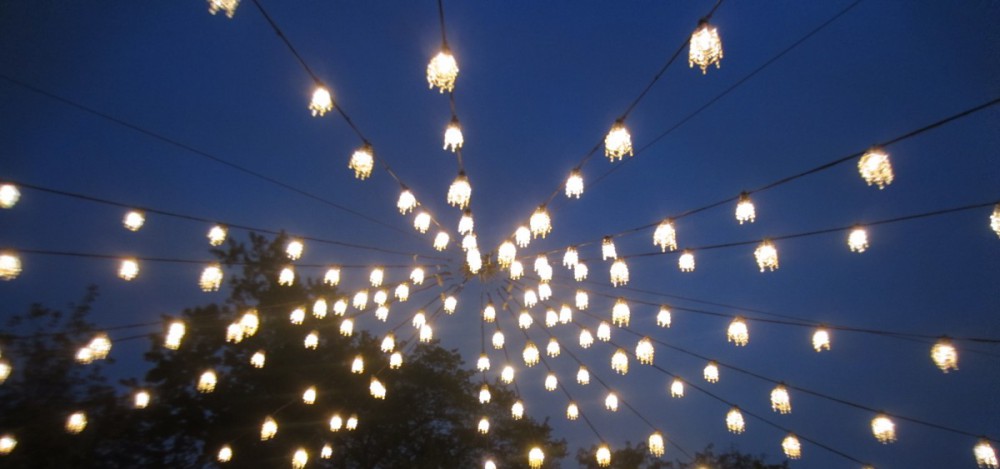Hi everyone! We’ve been talking about blogging this past week, so we’re really excited to have a number of the bloggers & photobloggers from The Buzz join us in class tomorrow (Tuesday, 10/6) for a discussion about their experiences blogging professionally for the OpenLab. We look forward to hearing in-person from Jean-Luc Antoine, Shawn Brumell, Amanda Marmol, Mandy Mei, Brianna Vasquez at the start of tomorrow’s class.
The folks from The Buzz will share a bit about their own blogs (how they shape the focus and personal voice of their blogs), their experiences working in the medium and with the OpenLab as a whole, how they work as a community of bloggers, how they raise interest/awareness about their work through commenting, social media, etc., how they feel this work experience is leading to their professionalization, and, of course, anything else they want to discuss 🙂
I know The Buzz bloggers who can’t be there in person due to other class or work commitments (Amoni Brown, Jessica Deng, Konyca Francis) would still like to take part in the conversation / share their insights, so I’ve created this “Class Discussion” here for them to provide their comments, and also for us to ask questions, and the other bloggers to share additional ideas, resources, links. Just comment on this post by clicking “Leave a reply” to get this virtual discussion started.
I look forward to the start of a rich & productive discussion (in class tomorrow and here on our OpenLab site). Thank you again to The Buzz bloggers for generously agreeing to come share your experiences with us.



